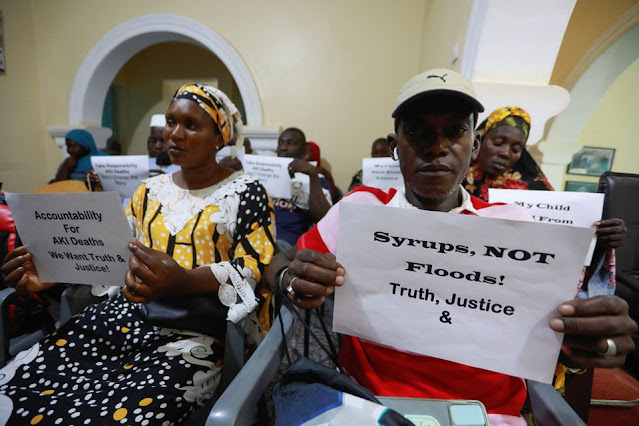Gambia is implementing stricter rules for Indian drugs following the deaths of dozens of children linked to cough syrups. The new law, after the contamination scandal in India last year, aims to reassess the country's reliance on the $42 billion pharmaceutical industry. India supplies nearly half of the pharmaceuticals used in Africa. The new rule addresses substandard and falsified medicines entering the country. The Medicines Control Agency (MCA) has appointed Quntrol Laboratories, an independent inspection and testing company based in Mumbai, to issue a Clean Report of Inspection and Analysis (CRIA) for all shipments from India.
Control will conduct document verification, physical consignment inspection, and sampling for laboratory testing for each shipment. If conformity is not established, the shipment will be quarantined or seized by the MCA, and necessary regulatory actions will be taken. The rule applies to India for now only.
Gambia, one of Africa's smallest and poorest countries, has made tests mandatory for all cough syrups before they are exported. The World Bank is funding a testing laboratory in the Gambia, but it is not yet finished. Control will send samples for testing to one of the analytical laboratories approved by the MCA. The World Health Organization linked adulterated cough syrups to acute kidney injury in Gambia last year. Manufacturers argue that unscrupulous actors can use these ingredients as a substitute for propylene glycol, a key base of syrupy medicines, as they can cost less than half the price.
Reuters.com originally published this article under African Exclusive News Updates



